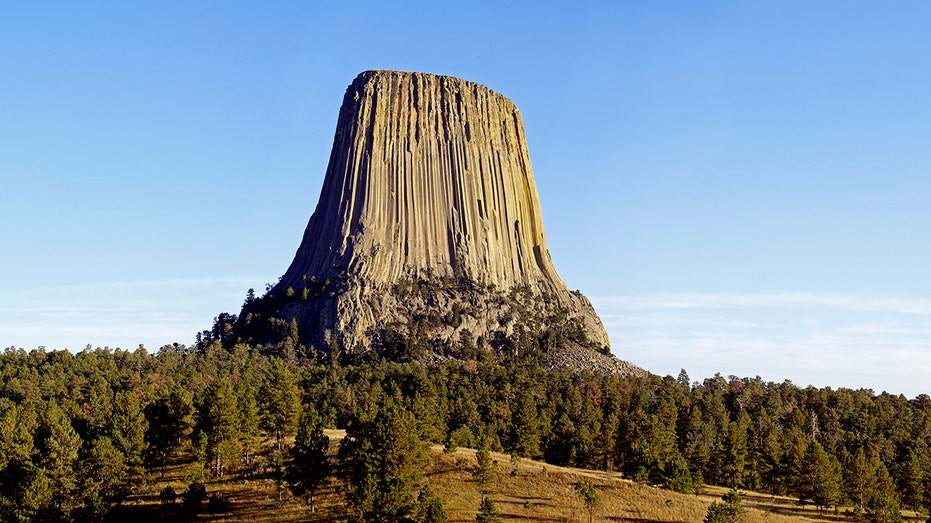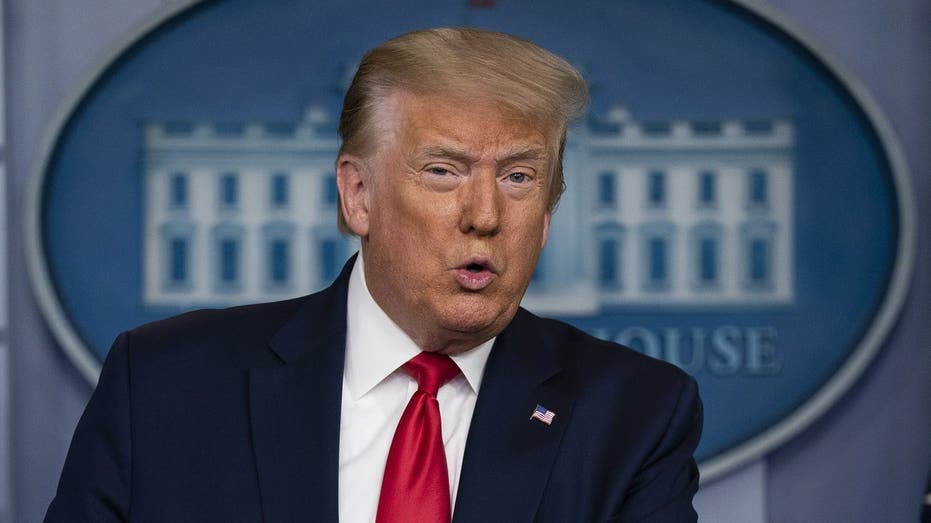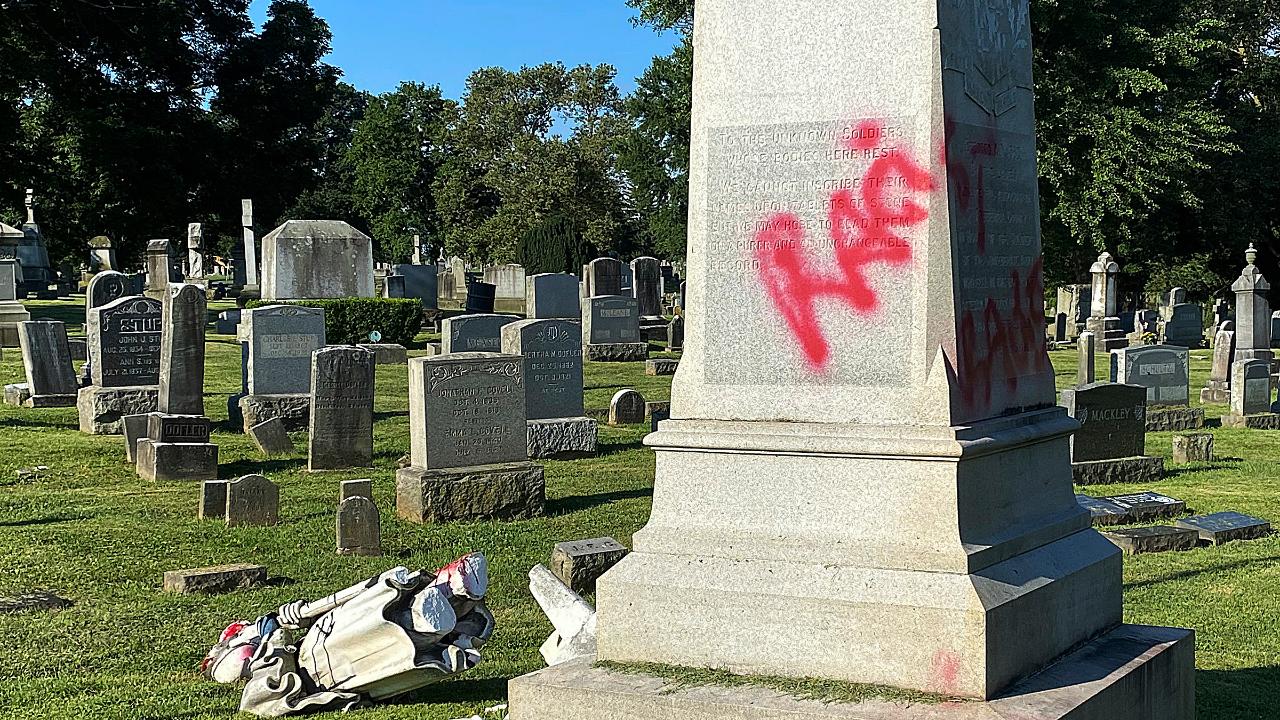What is the Antiquities Act — and what does it say about monuments?
Since 1906, the U.S. president has had the power to proclaim national monuments
Since 1906, the U.S. president has had the power to proclaim national monuments on federal lands in order to protect structures of historic or scientific value.
NATIONAL PARK ENTRANCE FEES TO KNOW BEFORE YOU GO
President Teddy Roosevelt, known for his emphasis on nature conservation, was the first president to establish a national monument. He designated Devils Tower, an 867-foot-tall rock formation in Wyoming, as a national monument during his second term.

Devils Tower: The famous landmark in northeast Wyoming, the first National Monument ever declared. (iStock)
Presidents have proclaimed more than 150 monuments, according to the Congressional Research Service. Many of them are not statues or structures but natural features, although the Statue of Liberty and George Washington's birthplace are also national monuments.
WHAT IS THE DEFENSE PRODUCTION ACT AND WHEN HAS IT BEEN USED?
The Antiquities Act not only allows presidents to designate national monuments but also empowers them to enlarge, modify or reduce existing monuments. The law directs the president to reserve “the smallest area compatible with the proper care and management of the objects to be protected.”
Presidents from Teddy Roosevelt to Bill Clinton to Donald Trump have faced controversy because of their decisions about national monuments. In 2017, Trump faced lawsuits after deciding to reduce two large national monuments in Utah, Bears Ears and Grand Staircase-Escalante.

President Donald Trump speaks during a news briefing at the White House, Thursday, July 2, 2020, in Washington. (AP Photo/Evan Vucci)
Today, historic monuments (most of which are not national monuments) are in the news as activists protest and even tear down statues depicting figures from America's past. Some activists are targeting state monuments that honor the Confederacy, but statues honoring figures with decidedly anti-slavery legacies, including abolitionist Frederick Douglass, have also been destroyed.
GET FOX BUSINESS ON THE GO BY CLICKING HERE
Trump signed an executive order in June declaring the federal government will withhold state and local funds tied to public spaces over failures to protect memorials, statues and other monuments.
Individuals who desecrate or vandalize government property face “long prison terms,” Trump said on Twitter in June.




















